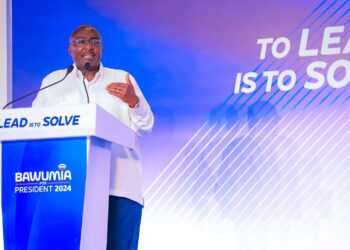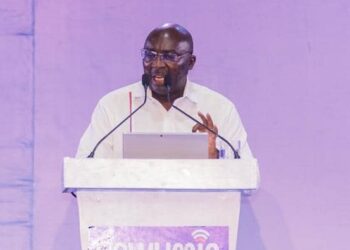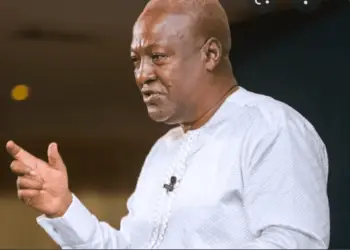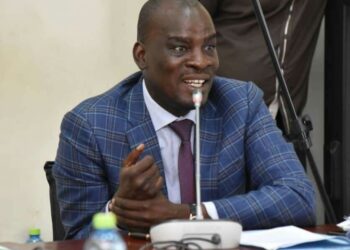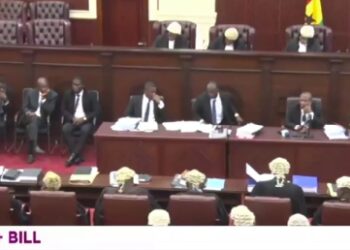The Presiding Bishop of the Cape Coast Diocese of the Methodist Church Ghana, Most Rev. Dr Paul Kwabena Boafo, says the church fully supports the anti-LGBTQI+ bill currently before Parliament and will continue to support efforts and deliberation to ensure its passage into law.
He said the bill was one of the major steps in discouraging the practice of LGBTI in the country.
The bill, he said, sought to protect and promote proper human sexual rights which resonated with the Ghanaian family values without undermining fundamental human rights.
60th anniversary
Most Rev. Dr Boafo said this during an interview at the 60th-anniversary celebration of the autonomy of the Methodist Church from the British Methodist Conference in Cape Coast last Sunday.
The 60 years of Ghana Methodism was celebrated on the theme: “Teaching Everyone to Live Like Christ”.
“In the case of the proper sexuality and human rights, we are saying that we are going to give it our fullest support to the end until we see that this bill has been passed,” Most Rev. Dr Boafo said.
He said the Methodist Church Ghana had been part of it even at its infant stage, together with other advocates, including legal practitioner, Moses Foh-Amoaning, and the immediate past Chairman of the Church of Pentecost, Apostle Opoku Onyinah.
“All of us were part of it; we initiated it together with the Catholics,” he added.
He emphasised that the church would continue to be the conscience of the nation and speak against the ills in society.
Discipleship
Most Rev. Dr Boafo said the command for discipleship was not an option but an obligation every Christian must uphold to curb the many ill behaviours in society.
He urged the members to be law-abiding, work hard, create jobs and support the growth of the church, communities and the country.https://18d5abd571bf3ff95a4882a5464768c4.safeframe.googlesyndication.com/safeframe/1-0-38/html/container.html
The Central Regional Minister, Mrs Justina Marigold Assan, commended the Methodist Church Ghana for its diverse contributions towards national development.
She said the church had, over the years, been one of the major contributors in terms of social institutions such as health and education in the country.
“Undoubtedly, the church has contributed in diverse ways through the socialisation of the younger generation, inculcating good moral values, great impact in the education and health sector, job creation, among others,” she said.
The Methodist Church Ghana became autonomous from the Methodist Church, Britain, on July 28, 1961, and adopted the episcopal system of operation in 1999.
Send your news stories to dannyboy744@gmail.com and via WhatsApp on +233 266777777


